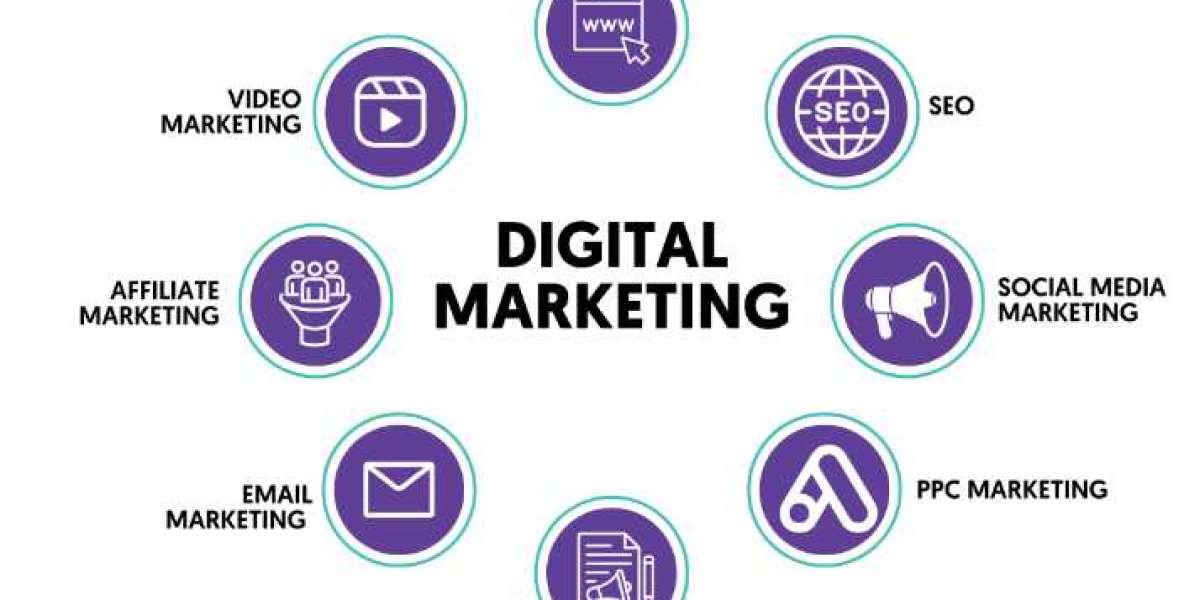This is where the idea of bundling comes in. The "best TV internet bundle" combines both services into a single package, often at a reduced cost compared to purchasing each service separately. But how do you find the best bundle for your needs?
This article will guide you through what to consider when looking for the best TV and internet bundle and provide helpful tips to ensure you're getting the most value for your money.
Why Bundling Makes Sense
Bundling your TV and internet services can be a smart financial decision. When you get both services from the same provider, they often offer discounts or additional features as an incentive. Here are some of the key benefits of choosing a bundle:
- Cost Savings: One of the biggest advantages is the savings you’ll get. Many companies offer special prices for customers who bundle their services together. Instead of paying two separate bills—one for TV and one for internet—you combine them into one, often at a lower monthly cost.
- Convenience: With a bundle, you only have to deal with one provider for both TV and internet services. This means only one bill, one customer service line, and one technician visit if you ever need help. It simplifies your life, especially if you have questions or need to troubleshoot issues.
- Additional Perks: Some providers throw in extras like free installation, additional streaming services, or access to premium channels when you bundle. These perks can enhance your overall experience without adding extra costs to your bill.
Key Considerations When Choosing the Best TV Internet Bundle
When you’re on the hunt for the best TV internet bundle, it’s important to consider your specific needs. Not every package will be right for every household. Here's what you should think about before making a decision:
1. Internet Speed
The first thing you should consider is how much internet speed you actually need. The right speed for you depends on how you use the internet. For example:
- Light Users: If your household only uses the internet for basic browsing, social media, and occasional streaming, you won’t need super high speeds. A modest speed of 25-50 Mbps could be enough.
- Moderate Users: For households that stream videos, use online gaming, or have multiple devices connected at the same time, you’ll want a faster speed. Speeds around 100-200 Mbps can usually support these activities.
- Heavy Users: If you’re working from home, have a large family, or stream in 4K, you’ll need even higher speeds. Look for packages offering 300 Mbps or more to ensure there’s no lag or slowdowns.
2. TV Channel Selection
When it comes to TV, the number of channels and the types of channels are important. Think about the kinds of shows, movies, or sports your family watches regularly. Some bundles offer hundreds of channels, while others are more limited but may include premium channels. Here’s what to keep in mind:
- Basic Channels: If you mainly watch local news, network TV shows, and a few cable channels, you won’t need an extensive package.
- Sports and Movies: If you’re a sports fan or enjoy watching the latest movies, make sure the bundle offers these channels. Some providers offer sports packages or movie channels like HBO or Showtime as part of their bundle.
- On-Demand Services: Some bundles also include access to on-demand streaming services. This is especially useful if you prefer to watch shows and movies at your convenience instead of relying on live TV.
3. Streaming Compatibility
If you’re already using streaming services like Netflix, Hulu, or Disney+, you’ll want a bundle that supports these platforms. Some TV internet bundles now include streaming apps directly in their set-top boxes, making it easy to switch between cable channels and streaming platforms. Additionally, you’ll need to make sure your internet speed can handle streaming in high definition or 4K without buffering issues.
4. Equipment and Installation Fees
While the idea of bundling can save you money, some providers may charge extra for equipment or installation. Always check if there are any hidden fees. For example, you may need to rent a modem or a TV box. Some bundles waive these fees, while others do not. Keep an eye on upfront costs to make sure you're still getting a good deal.
5. Contract Terms
Many providers require a contract when you sign up for a bundle. These contracts can range from one year to two years or more. It’s essential to read the fine print before committing. If you're unsure about sticking with a service for that long, look for bundles that don’t lock you into long-term agreements. Some may offer month-to-month plans, which provide more flexibility.
6. Promotional Pricing
When you first sign up for a bundle, the price may seem too good to be true—and in some cases, it might be. Many companies offer promotional pricing for the first year or so, which can significantly lower your costs. However, it’s important to understand what the regular price will be once the promotional period ends. Make sure you’re still getting a fair deal after the promo price expires.
7. Customer Service and Reliability
No matter how great a bundle looks on paper, it’s essential that the provider has good customer service and reliable connections. Check reviews from other customers to see if they have had issues with service outages or poor customer support. A great deal is only worth it if the service consistently works and the company is there to help if something goes wrong.
Customization Options
Some providers allow you to customize your bundle to better fit your needs. For instance, you might be able to upgrade your internet speed or add premium TV channels for an extra fee. Customization is an excellent option if you have specific needs that aren’t covered in the standard bundles.
How to Find the Best TV Internet Bundle
With so many options on the market, finding the "best TV internet bundle" can be overwhelming. However, there are a few steps you can take to make the process easier:
- Research Providers in Your Area: Not all providers offer services in every region. Start by checking which companies are available where you live. Once you have a list, compare their offers.
- Look for Reviews: Customer reviews can tell you a lot about the reliability and quality of a provider's services. Look for comments about internet speeds, TV quality, and customer support.
- Check for Deals: Providers frequently run promotions, especially for new customers. Keep an eye out for special offers like free installation, discounted rates for the first year, or free access to premium channels.
- Consider Bundles That Fit Your Budget: Don’t get caught up in the number of channels or the fastest internet speeds if you don’t need them. The best bundle is one that fits both your entertainment needs and your budget.
- Use Online Tools: Several websites allow you to compare bundles side-by-side, so you can see which one offers the most value for your specific requirements. These tools can save you time and help you make an informed decision.
Conclusion
Choosing the best TV internet bundle is about finding a balance between cost, features, and reliability. While it may seem like a good deal to bundle, always take the time to evaluate your actual needs. Do you need super-fast internet? Are you looking for hundreds of TV channels, or do you mainly stream content online? By asking yourself these questions and doing some research, you can find the perfect bundle for your household.



